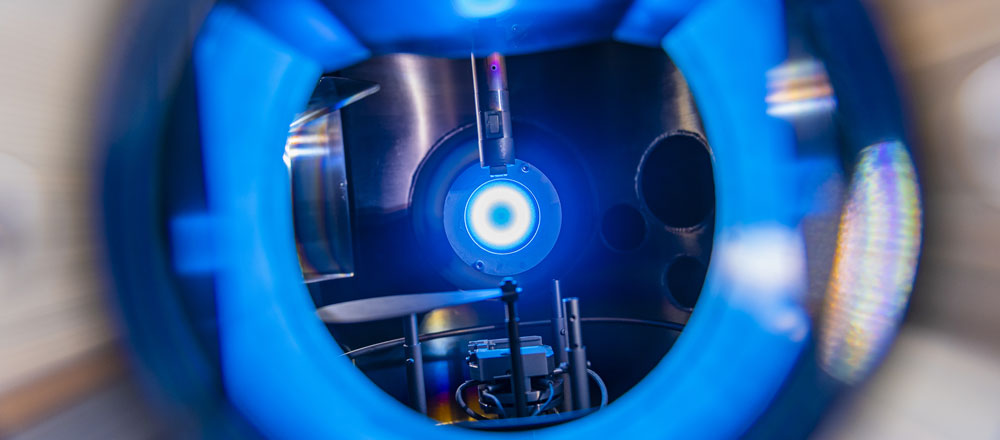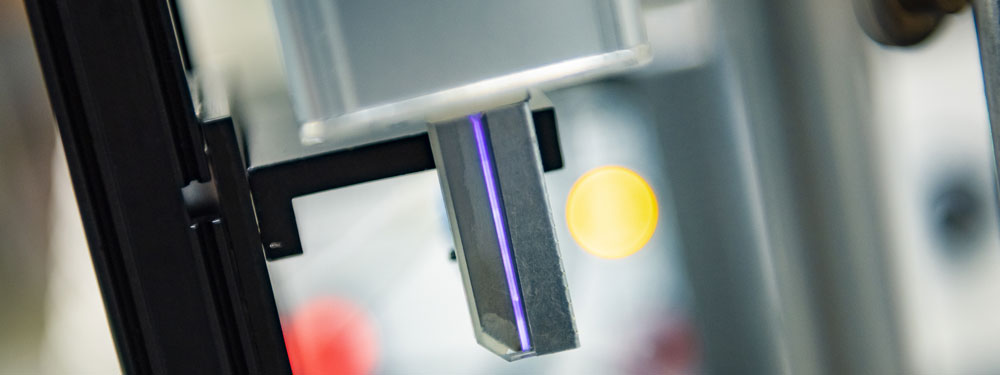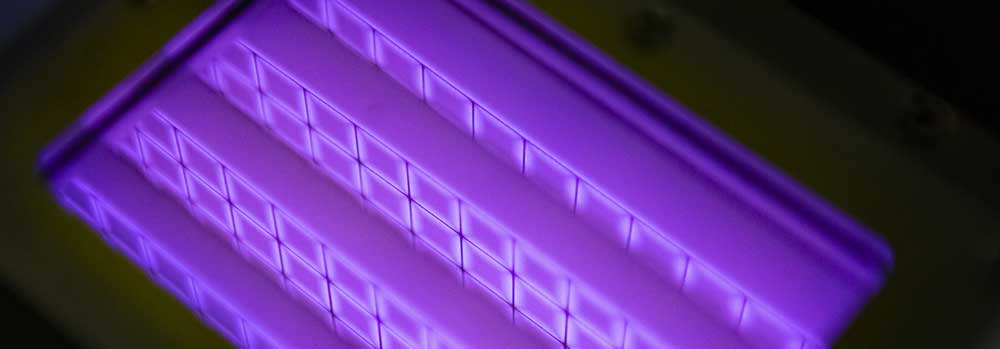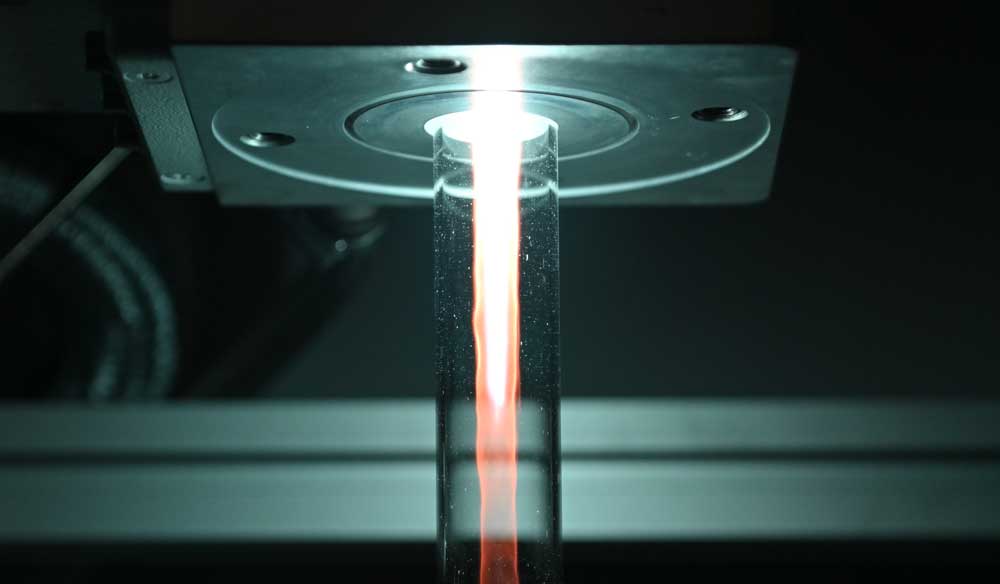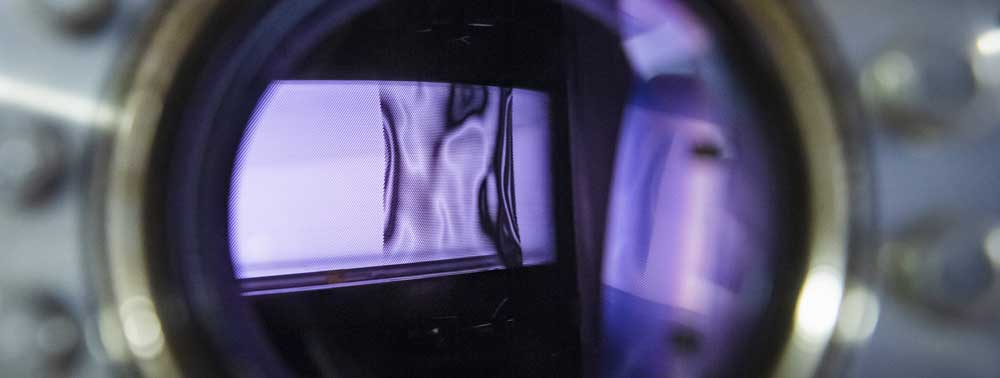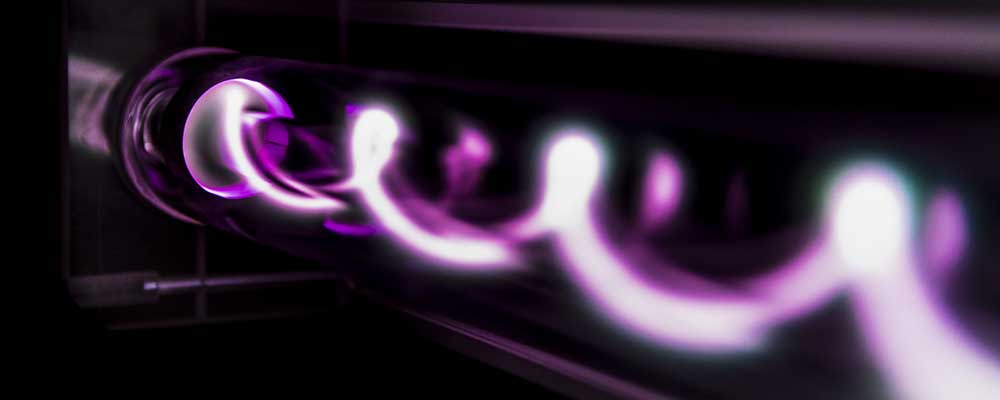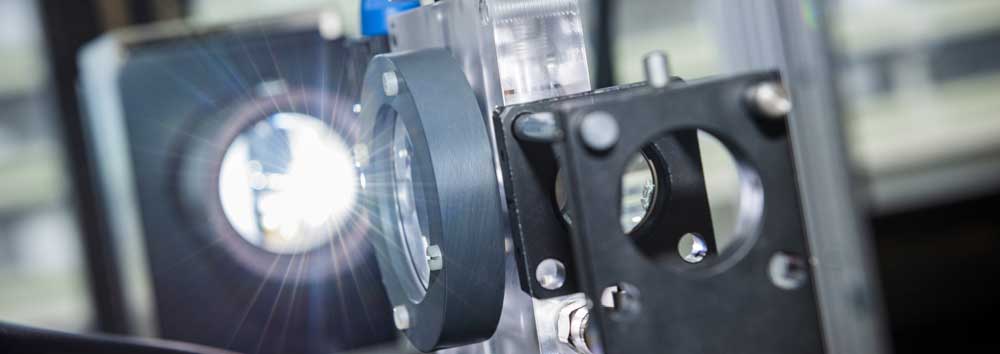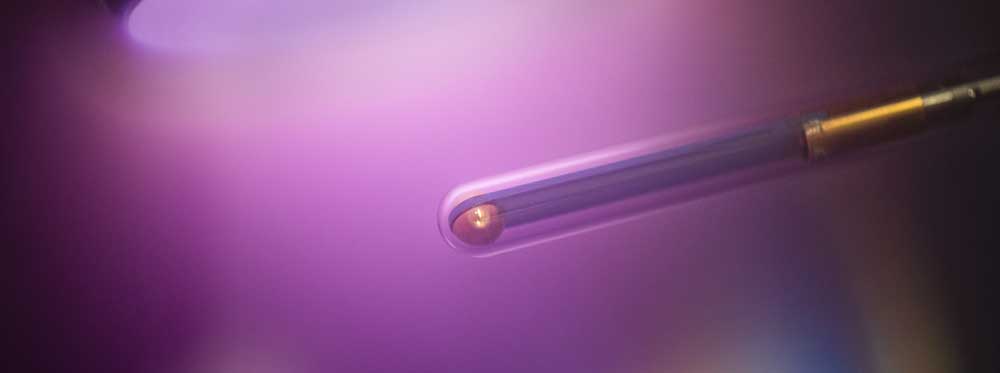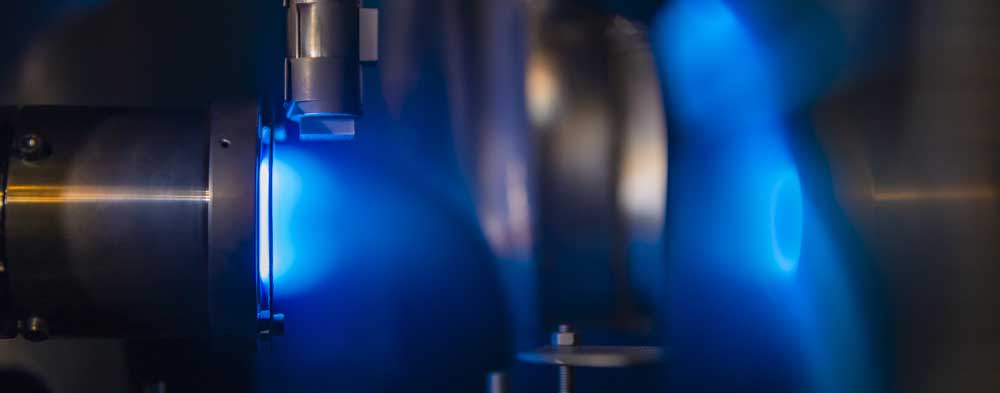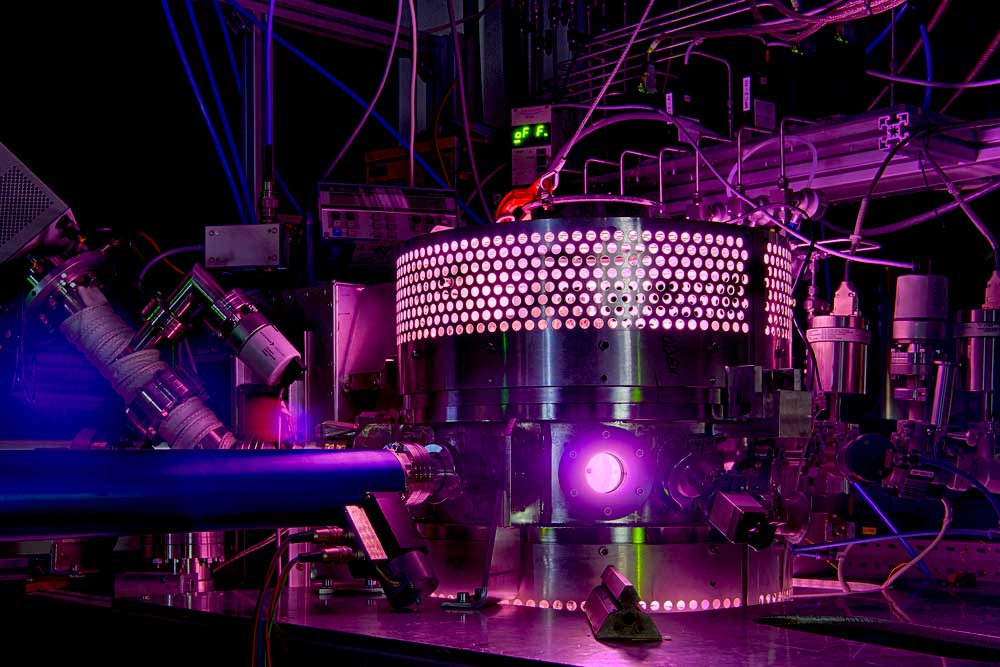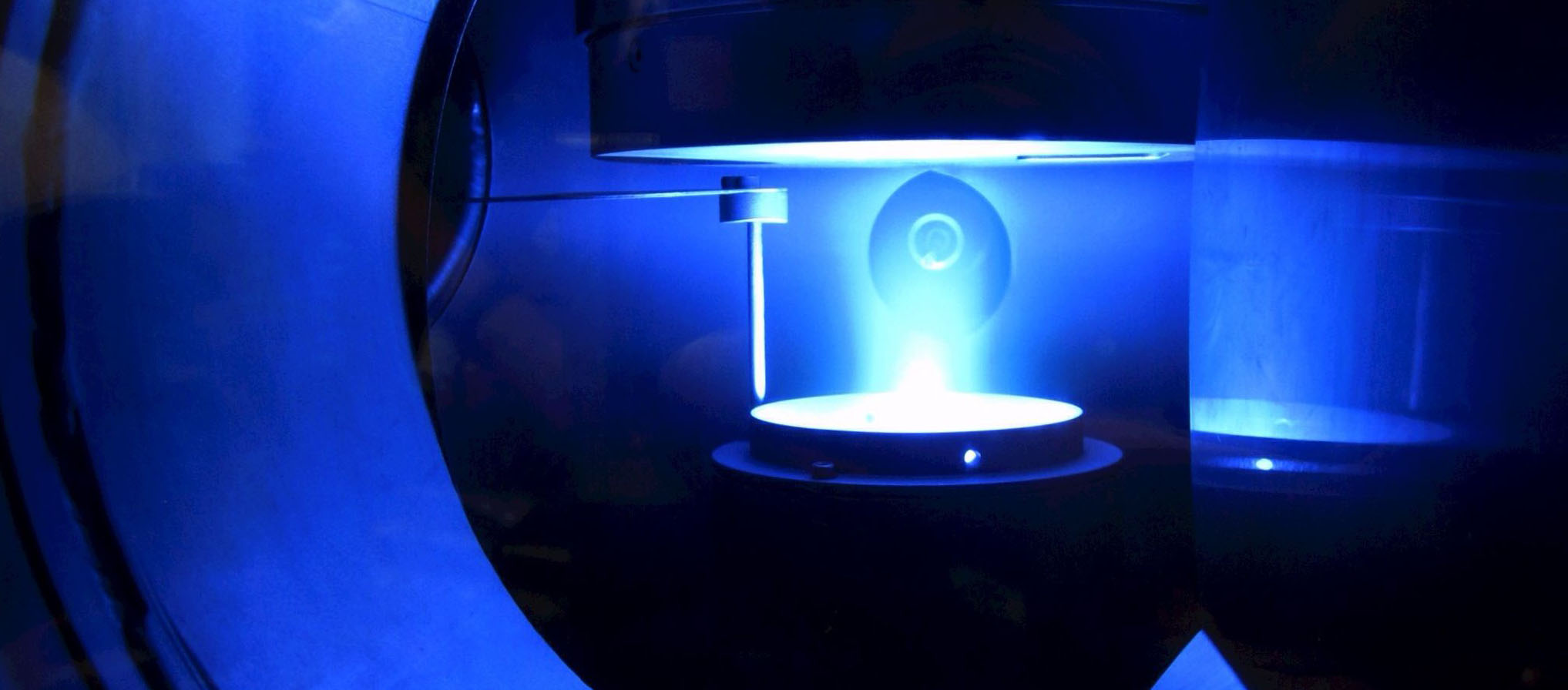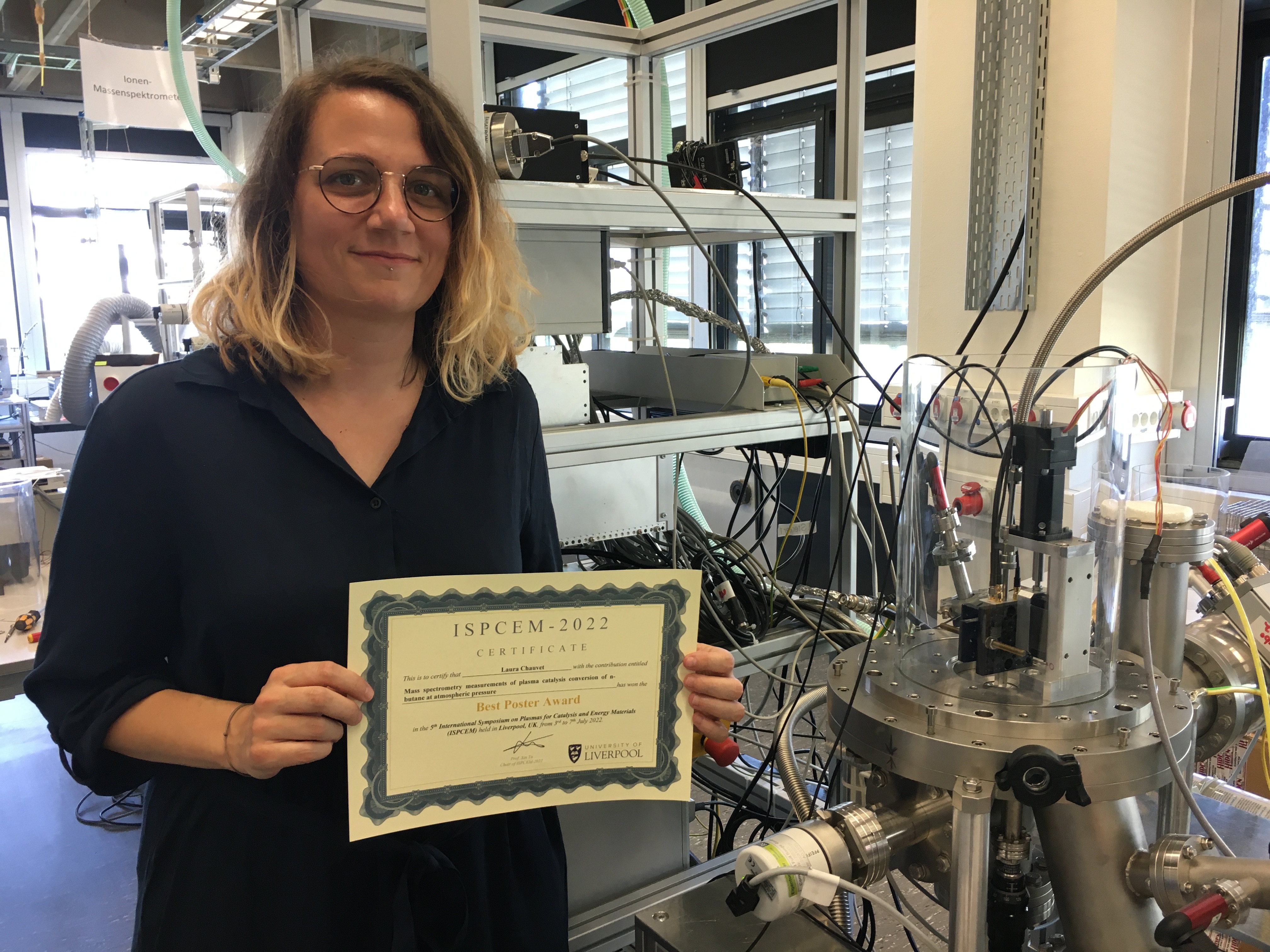A7 - Plasma AerodynamicPIV MeasurementParticle Image Velocimetry (PIV) measurements showing the |
- Details
MGK
Large CRC1316 participation in the International Plasma School
The 25th edition of the International Plasma School on Low-Temperature Plasmas took place from 1th to 5th October at the Physics Centre in Bad Honnef. Afterwards, the two-day Master Class on electric propulsion has been held. 76 participants from sixteen nations joined this yearly event. The international chair of the Plasma School was in the hands of Prof. Dr. Holger Kersten and Prof. Dr. Jan Benedikt from CAU Kiel.
The extensive program offered various topics to the students: from theory to applied plasma technologies. The lectures (23 from eight nations) were accompanied by a social program that allowed for intensive discussion with the teachers. Every evening there was a question and answer session with the teachers of the day, where an exciting exchange had been held. Hands-on workshops also provided practical experience in the field of spectroscopy.
Moreover, a large number of PhD students from the CRC 1316 and accompanying projects were part of the event this year.
- Details
Internationalization
PSE conference
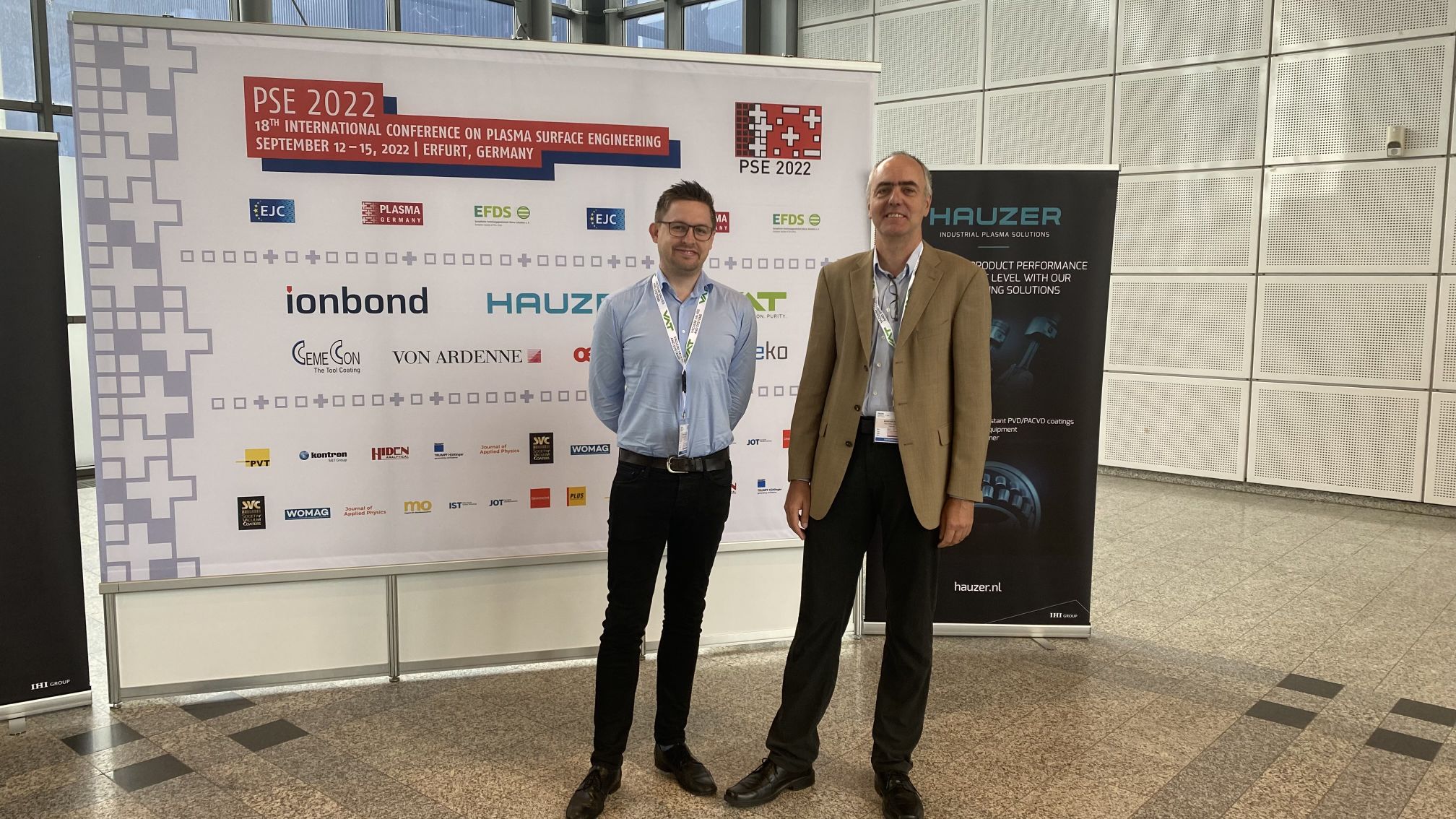
The PSE conference 2022 was held again in Erfurt in person. The CRC 1316 was represented by Achim von Keudell (projects A3 and B7). He held a plenary talk about diagnostic challenges in HiPIMS. Simon Kreuznacht (Carbon2Chem) gave a talk in the trend workshop 'plasma in gas conversion'. This conference with 550 attendees focus on applications of plasma technology for material processing and modification.
- Details
Awards
Roentgen Medal for Beatriz Roldán
FHI Director Prof. Dr Beatriz Roldán Cuenya received the Röntgen Medal 2022 in recognition of her research on catalysis, especially electrocatalysis, and the associated possibilities for the use of new sustainable energy sources of the future. The prize was awarded on 10 September by Remscheid's Lord Mayor Burkhard Mast-Weisz in the Klosterkirche in Remscheid-Lennep.
- Details
Internationalization
HAKONE XVII
From August 21 to August 25, the 17th International Symposium on High Pressure Low Temperature Plasma Chemistry (HAKONE XVII ) was held in the south of the Netherlands in the former Abbey Rolduc. The symposium is devoted to the fundamentals and applications of non-thermal plasmas and their chemistry at elevated pressures.. Judith Golda from the CRC 1316 gave an invited talk on "Cold Atmospheric Pressure Plasmas for Plasma Catalytic Applications: Characteristics, Constraints and Challenges".
- Details
Conference report
Gordon research conference
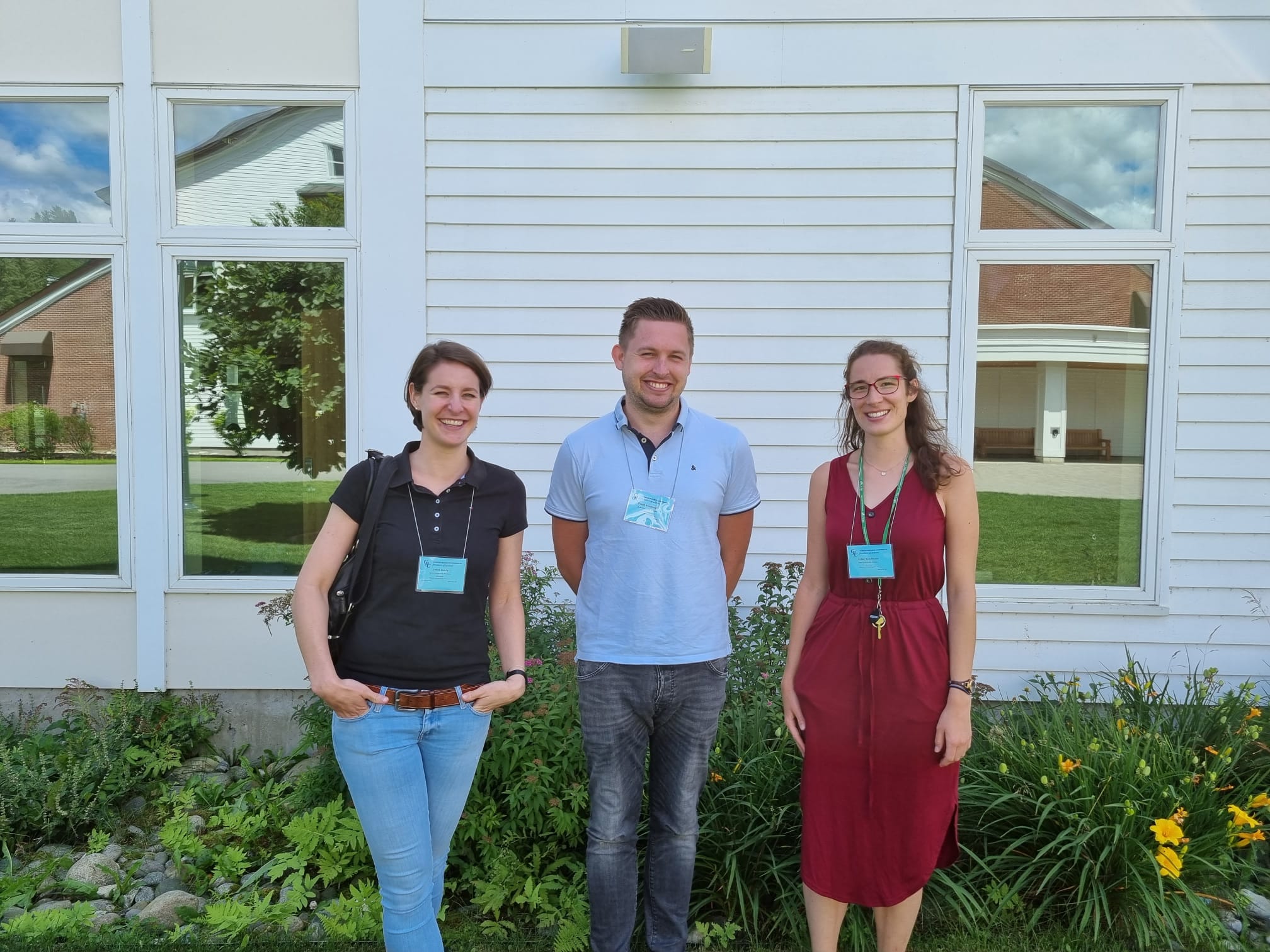
From July 23rd to July 29th the Gordon Research Conference and Seminar on Plasma Processing and Science was held in Andover, New Hampshire. The conference focused on plasmas and their interactions with matter while the seminar focused on investigating multiphase and multiscale plasma-material interactions. Judith Golda from the CRC 1316 had a talk on "State enhanced actinometry in atmospheric pressure discharges". Furthermore, she organised the so-called "Power Hour" at the GRC - an event to raise awareness of the challenges in the field of minorities in plasma physics.
- Details
Internationalization
GREMI visit of Judith Golda, Laura Chauvet and Daniel Henze
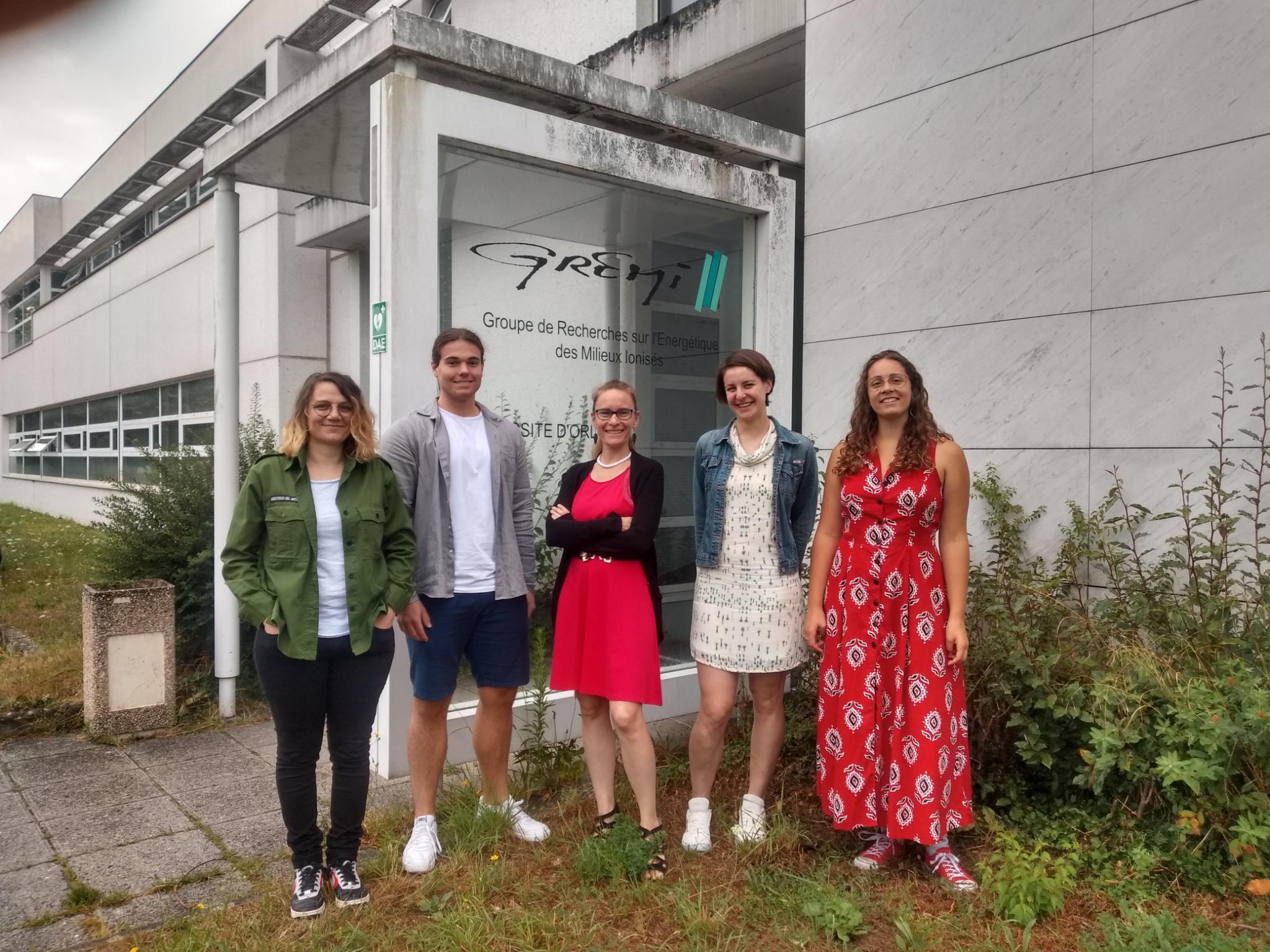
From 18 July to 29 July, Jun.-Prof. Judith Golda, Dr. Laura Chauvet and Daniel Henze from the CRC 1316 were guests in the laboratory of Prof. Claire Douat at the GREMI in Orléans. In a joint measurement campaign, two different atmospheric pressure plasma jets were being tested. They measured the production of CO at different operating conditions with a gas analyser. This trip was funded by the DAAD as part of a PROCOPE project to improve cooperation between RUB and GREMI.
- Details
Awards
Poster Prize for Dr. Laura Chauvet
Dr. Laura Chauvet received the poster award for the best poster for her contribution "mass spectrometry measurements of plasma catalysis conversion of n-butane at atmospheric pressure" at the Plasma Catalysis Meeting in Liverpool, UK.
- Details
Research data management
eMail distribution list
The CRC 1316 research data management activities are announced via this homepage. It is also possible to book an announcement via eMail, so that all announcements will be sent to you automatically. If you would like to subscribe to the newsletter, please fill out the following form:
- Details
Internationalization
CRC 1316 at the International Conference on Plasma Medicine
In the summer, Dr. Sebastian Burhenn and Steffen Schüttler, together with Sabrina Klopsch and Tim Dirks from the RUB Applied Microbiology group, visited the 9th International Conference on Plasma Medicine (ICPM9) in Utrecht, the Netherlands. Around 250 participants discussed the current state of plasmas in medicine. Topics ranged from "Plasma Agricultural Applications" to "Plasma-Liquid Interactions" to "Plasma-Based Decontamination and sterilisation" and much more.
Sebastian Burhenn gave a presentation in the section "Fundamentals of Atmospheric Plasma" on the "Influence of Humidity on OH Distribution in the COST Jet measured by Laser-Induced Fluorescence". Steffen Schüttler contributed to the section "Plasma-Liquid Interactions" with his talk on "Hydrogen peroxide production in water treated with a capillary plasma jet". Sabrina Klopsch and Tim Dirks presented a poster about their work in the field of plasma-driven biocatalysis.


